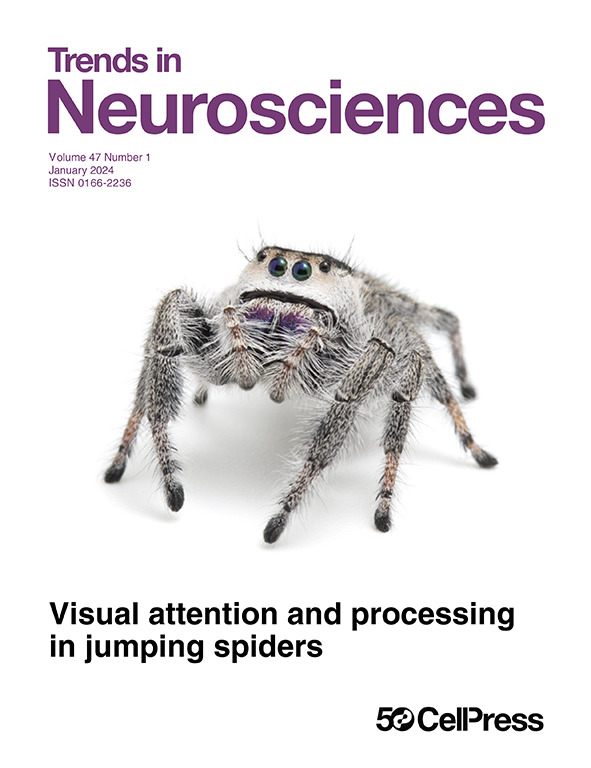预测错误如何驱动记忆更新:蓝斑-海马体相互作用的作用。
IF 15.1
1区 医学
Q1 NEUROSCIENCES
引用次数: 0
摘要
大脑不断地根据一个人对世界的了解(就像记忆中捕获的那样)做出预测。当这些预测是错误的,我们的知识库必须进行修订,以保持相关性。在这里,我们提出这种错误驱动的记忆更新在很大程度上取决于海马体和蓝斑(LC)之间的相互作用,在此过程中,前者向后者传递有关惊喜的信息,并指示预测误差的大小。小的预测错误促进对现有记忆的编辑,而大的预测错误导致新的情景记忆的形成。我们认为,这种记忆管理过程是适应性行为的核心,扩展了经典的关于脑皮层对认知的贡献的观点。本文章由计算机程序翻译,如有差异,请以英文原文为准。
How prediction error drives memory updating: role of locus coeruleus-hippocampal interactions.
The brain constantly generates predictions based on one's knowledge of the world, as captured in memory. When these predictions are in error, our knowledge base must be revised to remain relevant. Here, we propose that this error-driven updating of memory depends largely on the interplay between the hippocampus and locus coeruleus (LC), during which the former conveys information about surprise to the latter, signaling the magnitude of prediction error. Small prediction errors promote editing of existing memories, whereas large prediction errors lead to the formation of new episodic memories. We suggest that this memory curation process is central to adaptive behavior, extending classical views on the contributions of the LC to cognition.
求助全文
通过发布文献求助,成功后即可免费获取论文全文。
去求助
来源期刊

Trends in Neurosciences
医学-神经科学
CiteScore
26.50
自引率
1.30%
发文量
123
审稿时长
6-12 weeks
期刊介绍:
For over four decades, Trends in Neurosciences (TINS) has been a prominent source of inspiring reviews and commentaries across all disciplines of neuroscience. TINS is a monthly, peer-reviewed journal, and its articles are curated by the Editor and authored by leading researchers in their respective fields. The journal communicates exciting advances in brain research, serves as a voice for the global neuroscience community, and highlights the contribution of neuroscientific research to medicine and society.
 求助内容:
求助内容: 应助结果提醒方式:
应助结果提醒方式:


